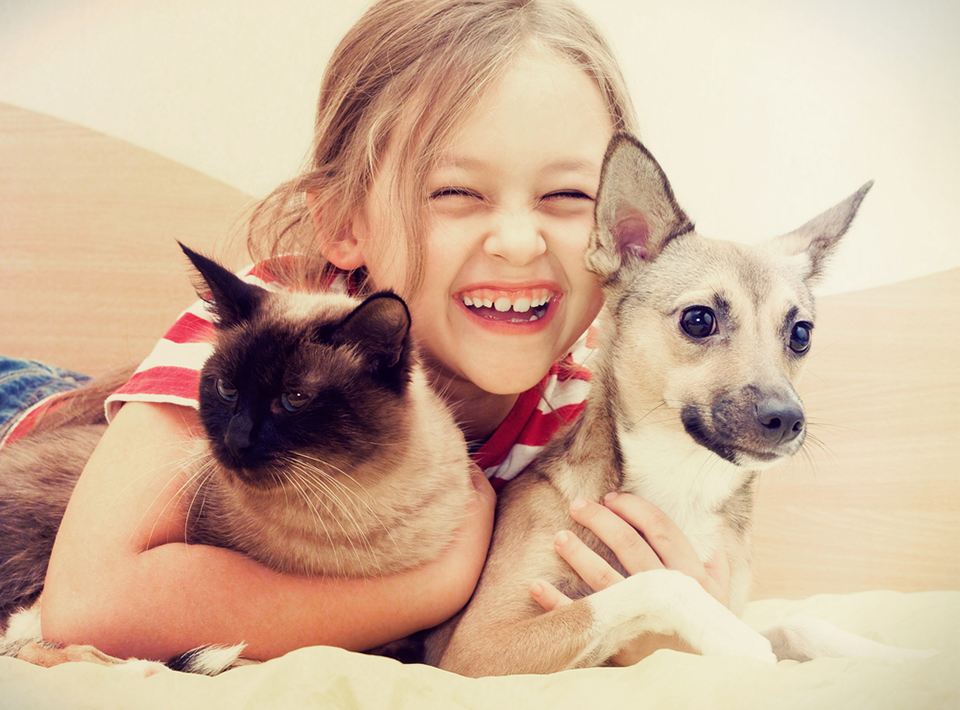Why People Love Animals And How They Connect With Them

Trying to identify ourselves, we have many obstacles to overcome to understand who we are indeed and what is our true nature. Every person has a need that is the product of our species’ evolution, the need to create bonds with other creatures. Interestingly, even the relationship we have with animals is a sign of the importance that this connection has in our lives. In the past, animals were mostly used to help us survive and give us their products. A cow would provide milk to make cheese, and a sheep would give us its warm fur to protect our bodies from the cold in the winter. Today our relationship with animals is oriented toward play and connection. The high demand for milk in our nutrition is being taken care of by large corporates, and we have nothing to do with the production of dairy or taking advantage of the animals’ milk. If this primitive need is so obvious by our relationships with the animal kingdom, we do not even have to bother to mention what happens when it comes to human relationships.
It is a fact that many people find the relationship with animals less complex than the one they have to build with other human beings. Animals love you for simple reasons; because you love them and because you take care of them. Once a person does these plain things, animals will return their love and affection.
However, it is not only about what you have to do to get their love and attention but also how they respond. Animals show their love in a genuine and authentic way. A dog will not hesitate to show their love in fear of being rejected. In fact, they are actually less likely to be sensitive to rejection and translate the lack of attention with rejection on the person’s behalf. In other words, they do not take things personally. We do not imply that this is a sign of high intelligence; on the contrary, it is probably the result of the fact that they can not have this type of complex thought. However, the result is that they finally translate signals in a more healthy way that does not have to fill you with guilt and make you want to discover new ways to show you love.
People can be themselves with animals because animals can provide humans with unconditional love. The term ”unconditional love” is relatively new and it has been used widely to describe situations where people want to love and be loved without being obliged to do it and without having to promise anything to the other person. The relationship with animals seems to be a shelter for those who need to feel the love in the atmosphere around them.
It would not be wrong to say that animals have many similarities with kids. They have an innocent way of feeling things and express these feelings to others. They are also brilliant. Kids will understand when an adult enjoys playing with them or when they will pretend to have a good time to make the kid feel happy. Their sharp perception is depicted in their reaction. In many cases, young kids do not respond when adults try to play with them, and this happens because kids can feel and understand that the adult is not genuinely interested in their communication and interaction. At the same time, their spontaneous response catches us off guard. Kids will not hesitate to ignore you and continue doing what they did. They are not aware of the social rules and do not have to do something fake to fit in and be embraced by the rest of the group. Their sincere reactions are adored, reminding us of how animals behave. Therefore, it does not come as a surprise that most people who love animals also love children. The simplicity and authenticity in both cases seem to be irresistible and moving. If one thing is for sure, animals have many gifts to give us apart from retaining the balance in nature, so loving them is the natural thing to do.
Add CEOWORLD magazine to your Google News feed.
Follow CEOWORLD magazine headlines on: Google News, LinkedIn, Twitter, and Facebook.
Copyright 2024 The CEOWORLD magazine. All rights reserved. This material (and any extract from it) must not be copied, redistributed or placed on any website, without CEOWORLD magazine' prior written consent. For media queries, please contact: info@ceoworld.biz








